Connectors are integral components in modern electronic systems. Serving as the link between various parts, connectors ensure reliable electrical connections and signal transmission between devices, subassemblies, and systems. From aerospace to consumer electronics, connectors are pivotal in countless industries, providing essential functionality in areas like communications, automotive, defense, and household appliances.
At YJC, we recognize the critical importance of precision and quality in the production of connectors. Our advanced manufacturing processes, combined with cutting-edge technology, enable us to deliver top-tier connectors that meet the most stringent industry standards.
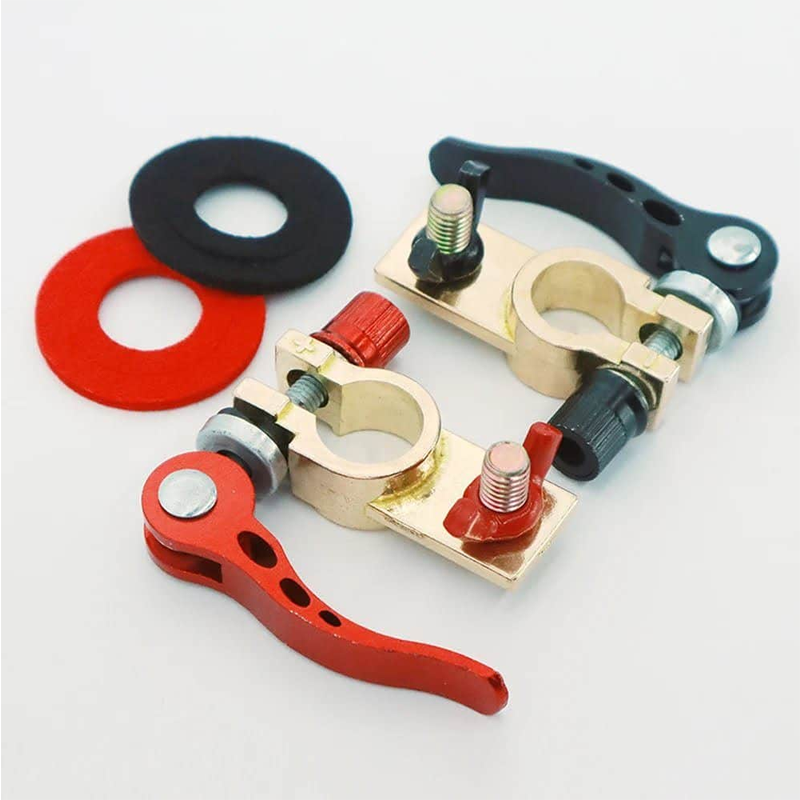
The Connector Manufacturing Stages
The manufacturing of connectors typically follows a well-established sequence: Stamping, Plating, Molding, and Assembly. Each stage plays a crucial role in ensuring that the final product meets performance, durability, and aesthetic requirements. Let’s dive deeper into each phase of the process, as well as YJC’s unique process advantages.
-
Stamping: Crafting Precision Metal Terminals
The first step in connector manufacturing is the creation of metal terminals. This process involves the use of high-speed stamping presses that shape thin metal strips into precise forms. The metal strip, usually copper or an alloy, is fed into the press, which cuts and shapes the material into terminals, such as pins or contacts, that form the electrical connection points in the final product.
The key materials used in stamping include brass and phosphor bronze, both of which offer excellent conductivity and mechanical properties.
– Brass is affordable, durable, and features excellent elasticity and electrical properties. With a zinc content ranging from 5% to 40%, brass is commonly used for general applications.
– Phosphor Bronze is valued for its strength, toughness, and resistance to fatigue, making it ideal for applications requiring durability, such as electrical contact springs.
At YJC, our stamping process is optimized for precision and efficiency, allowing us to produce components with consistent size and shape. This ensures that each connector part is manufactured to the exact specifications, minimizing waste and maximizing performance in the next stages.
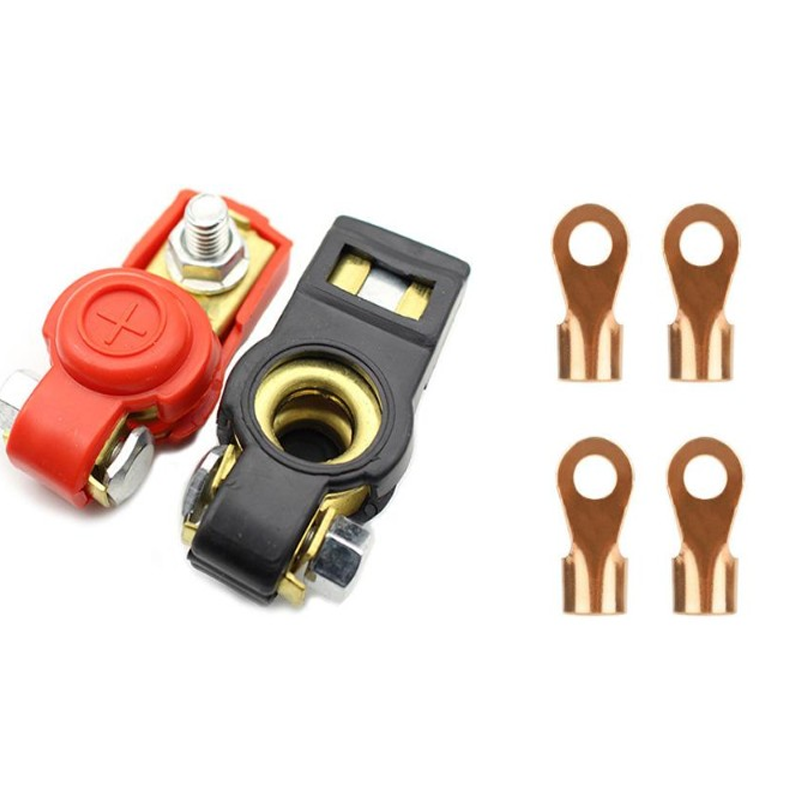
-
Plating: Enhancing Performance and Durability
After stamping, the metal terminals are sent to the plating section, where a thin coating is applied to improve the terminal’s surface properties. Plating not only enhances corrosion resistance but also improves electrical conductivity, wear resistance, and solderability. Common plating materials include gold, silver, and tin.
– Gold plating provides superior conductivity and corrosion resistance, making it ideal for connectors used in high-reliability applications, such as aerospace and medical devices. Gold is a stable metal that offers excellent resistance to oxidation, ensuring long-term performance even in challenging environments.
– Silver plating is another popular choice, offering excellent electrical conductivity, albeit at a slightly lower cost than gold. However, silver is prone to tarnishing over time, which may affect performance in environments with high levels of sulfur.
– Tin plating is typically used for connectors that require enhanced solderability. Although tin’s conductivity is lower than gold or silver, it offers a cost-effective solution for mass production.
YJC’s plating process is carried out with precision, using advanced techniques to ensure an even, consistent coating that adheres tightly to the terminal. This helps to maintain the integrity and functionality of the connector throughout its lifecycle.
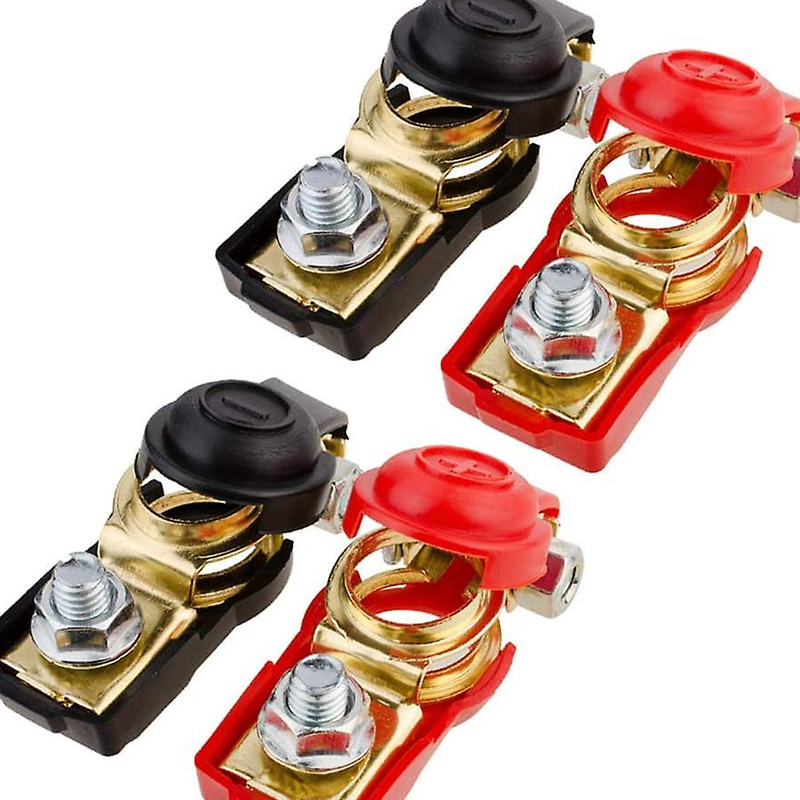
-
Molding: Creating Robust Plastic Shells
Once the metal components are plated, the next phase is the molding of the plastic shell, which houses the terminals. Injection molding is commonly used to form the outer casing of the connector, which is typically made from Nylon, PET, or Liquid Crystal Polymer (LCP). These materials are selected for their excellent electrical insulating properties, strength, and resistance to environmental factors.
– Nylon is an engineering-grade plastic that offers good strength, toughness, and elasticity, although it may absorb moisture, which could cause dimensional instability.
– PET provides excellent dimensional stability and high intensity, making it suitable for applications where precision is critical. However, it is more expensive than nylon.
– Liquid Crystal Polymer (LCP) is a high-performance plastic known for its superior resilience, thin-wall capabilities, and high-temperature resistance. LCP is ideal for applications requiring both high strength and thermal stability.
At YJC, we use state-of-the-art injection molding machines to ensure that each plastic housing is produced with consistent quality. Our process is capable of handling a range of materials and configurations, offering flexibility in meeting customer requirements. Additionally, we employ advanced molding technologies to ensure the precise alignment of components and minimize defects.
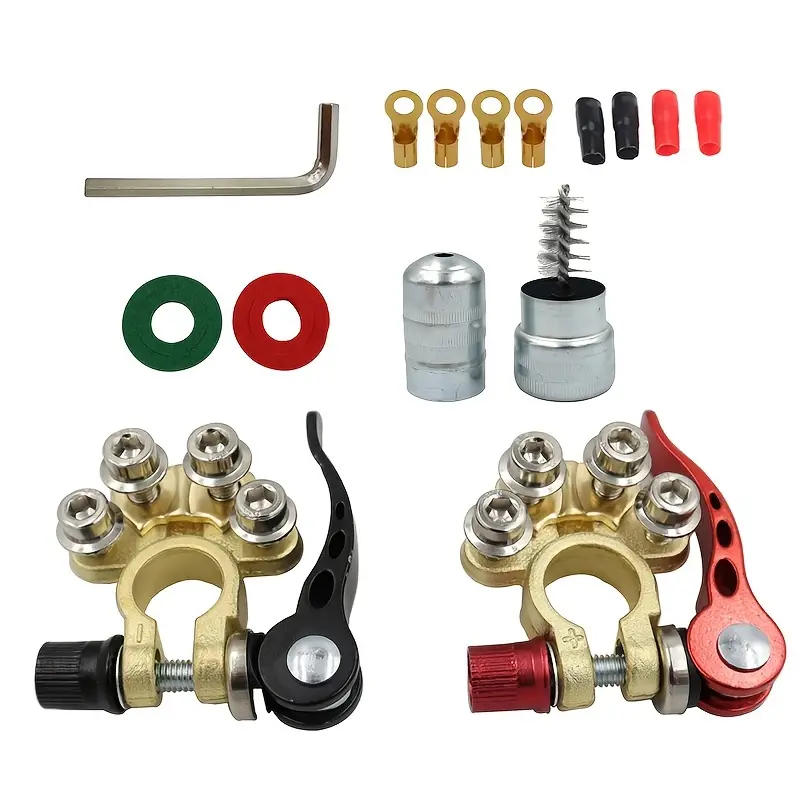
-
Assembly: Precision Connection of Components
The final step in connector manufacturing is assembly, where the metal terminals are inserted into the molded plastic housing. At this stage, connectors are either assembled using single pins or combined pairs, depending on the design requirements. The pins are inserted into the appropriate slots in the housing, ensuring that they are properly aligned for optimal electrical contact.
At YJC, we take assembly to the next level with our automated and manual inspection processes. Each connector is carefully inspected for defects, and the pins are verified to ensure proper positioning. Our automated inspection systems use advanced vision technology to detect potential issues in real-time, allowing us to catch any defects before the product moves to the final packaging stage.
We also focus on optimizing the assembly process to reduce cycle time without compromising quality. This is achieved through careful planning and integration of automated systems, ensuring that the connectors are assembled quickly, accurately, and to the highest standards.
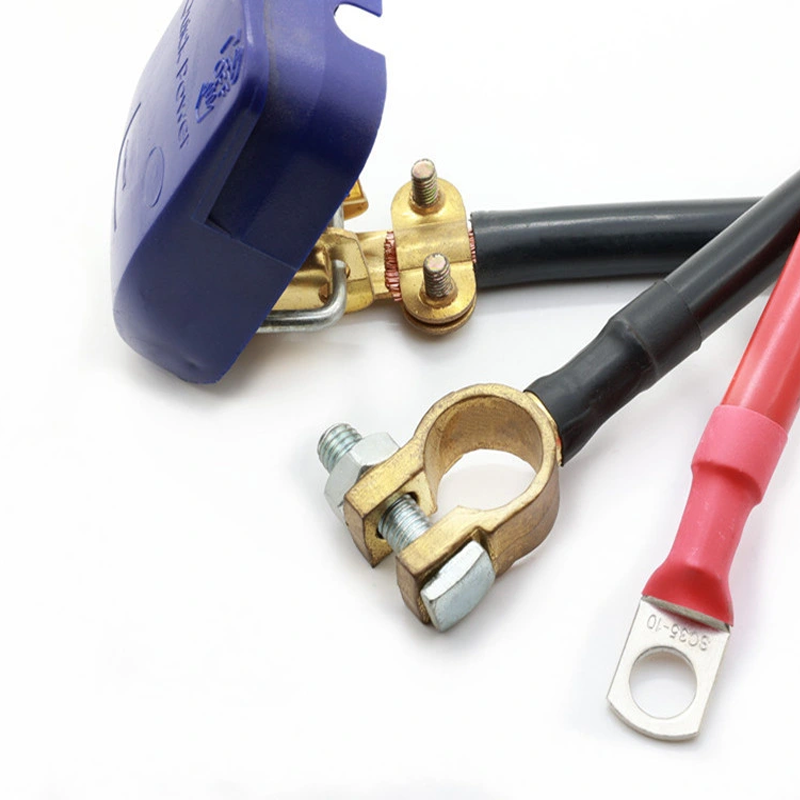
YJC’s Advantages in Connector Manufacturing
At YJC, we understand that connector manufacturing requires a delicate balance of precision, efficiency, and durability. That’s why we invest heavily in state-of-the-art technology and equipment, coupled with a highly skilled workforce, to deliver superior products.
Key advantages of our manufacturing process include:
- Precision and Quality Control: Our stamping and molding processes are highly optimized to produce parts that meet the most stringent specifications. With advanced quality control measures at every stage, we ensure that our connectors perform reliably in all applications.
- Advanced Plating Techniques: Our plating department uses the latest electroplating technologies to apply uniform coatings that enhance the electrical and mechanical properties of each connector. Whether gold, silver, or tin plating, our coatings offer superior durability and conductivity.
- Material Flexibility: We offer a wide range of materials for both the terminals and the plastic housings, allowing us to meet diverse customer requirements. From high-performance materials like LCP to cost-effective options like Nylon, we can tailor our manufacturing process to suit any application.
- Efficient Production: With our automated systems and optimized production lines, we are able to offer fast turnaround times without sacrificing quality. This allows us to meet tight deadlines and deliver products on schedule.
- Customization: Whether it’s a custom design, special material requirement, or unique plating finish, YJC provides flexibility in connector manufacturing, ensuring that our customers’ exact needs are met.
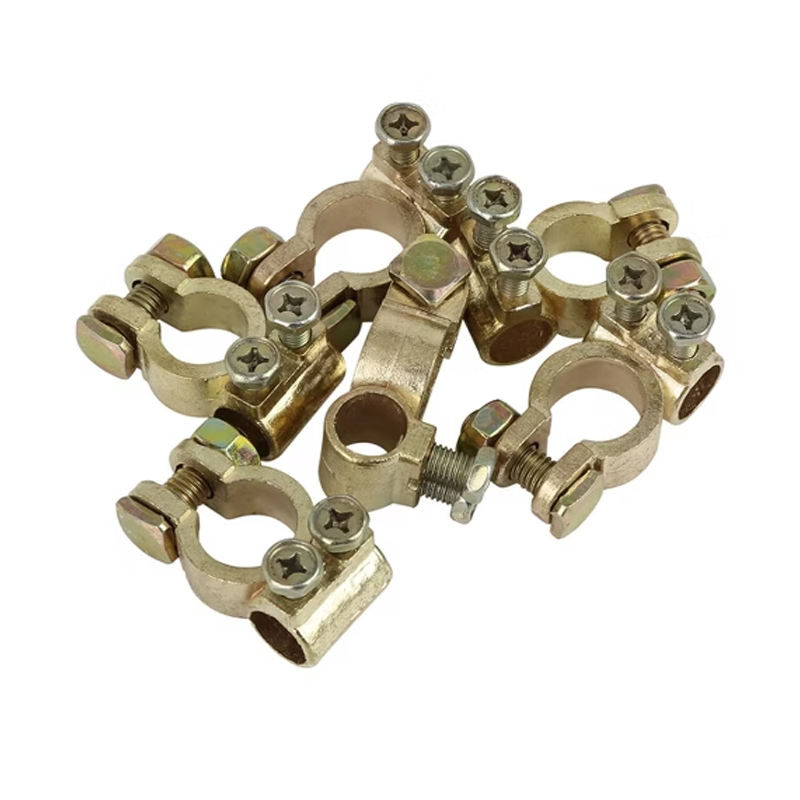
Conclusion
Connector manufacturing is a complex and highly specialized process that requires precision, expertise, and advanced technology. At YJC, we combine all of these elements to deliver connectors that exceed industry standards and meet the diverse needs of our customers. With our focus on quality, efficiency, and customization, we are well-positioned to serve industries ranging from aerospace to automotive, communications to consumer electronics. By choosing YJC, you’re ensuring that your connectors are built to last and perform under the most demanding conditions.